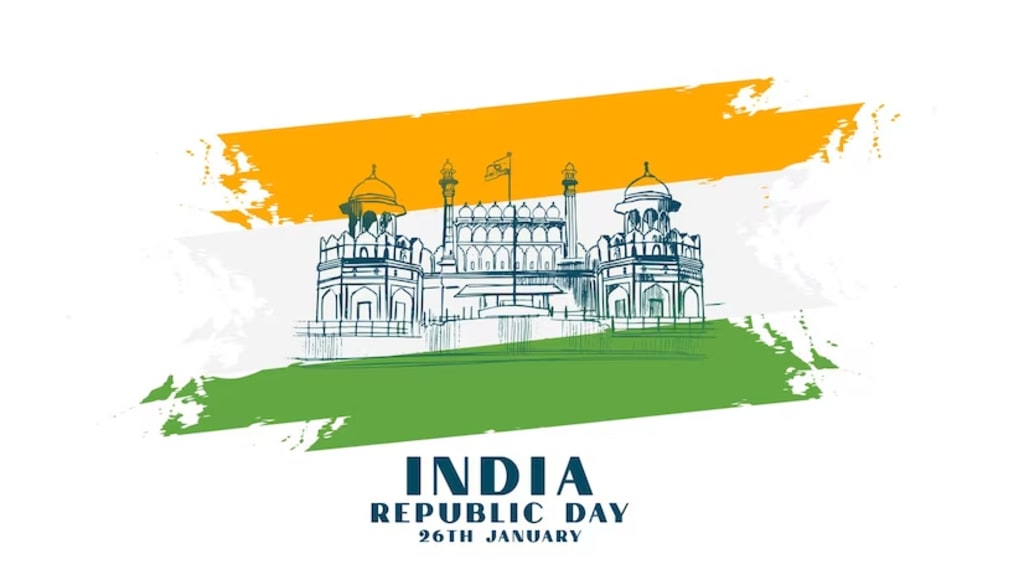
I. Introduction
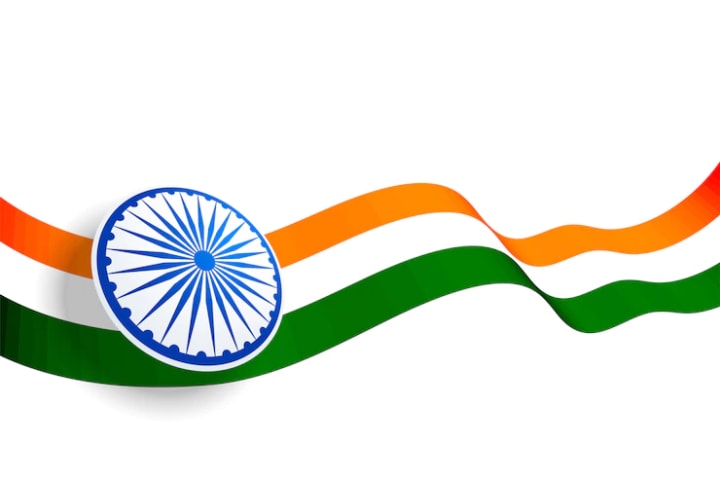
A. Overview of Republic Day in India
Overview of Republic Day in India refers to the annual national holiday that is celebrated on January 26th to commemorate the adoption of the Constitution of India. This day marks the transition of India from a British colony to a republic in 1950, and the coming into force of the Constitution on January 26, 1950.
Republic Day is celebrated with great enthusiasm and patriotic fervor across the country, with the main event taking place in the capital city of New Delhi. The day begins with a grand parade that starts from the Rashtrapati Bhavan and proceeds towards the India Gate. The President of India, who is also the Chief Guest of the parade, unfurls the national flag, and a 21-gun salute is fired in honor of the occasion.
The parade features a display of India's cultural and military heritage, with floats from different states and cultural performances by school children and artists. The day is also marked by the distribution of sweets, and the hoisting of the national flag on government buildings, schools and homes.
Overall, Republic Day is an important day for India, as it celebrates the Constitution of India, the foundation of democracy and the rights of the citizens, and reaffirms the spirit of unity and nationalism among the citizens.
B. Significance of the 74th Republic Day
The 74th Republic Day holds a special significance for India as it marks the completion of 74 years since the adoption of the Constitution of India and the establishment of the Republic of India. This year's Republic Day celebrations will be particularly significant as it will be the first Republic Day celebration after the amendment of the Constitution of India in August 2020. This amendment abrogated the special status of the state of Jammu and Kashmir and bifurcated it into two union territories. It also marked the beginning of a new chapter in the history of India.
The 74th Republic Day also holds significance as it comes at a time when India is facing numerous challenges such as the ongoing COVID-19 pandemic, economic challenges, and social issues. This makes it all the more important to celebrate the Constitution and the spirit of unity that binds the nation together.
Additionally, The 74th Republic Day will also be significant as it will be the first Republic Day after the farmers protest in India, which was an unprecedented event in the country's history. The peaceful resolution of the farmers protest and the recent laws passed by the government to address the demands of the farmers highlights the importance of dialogue and compromise in a democratic society and the need for the protection of the rights of the citizens as per the Constitution.
In conclusion, the 74th Republic Day holds a special significance as it marks the completion of 74 years of the Constitution of India and the establishment of the Republic of India, as well as highlighting the challenges faced by the country and the importance of unity and the protection of the rights of citizens.
II. History of Republic Day in India
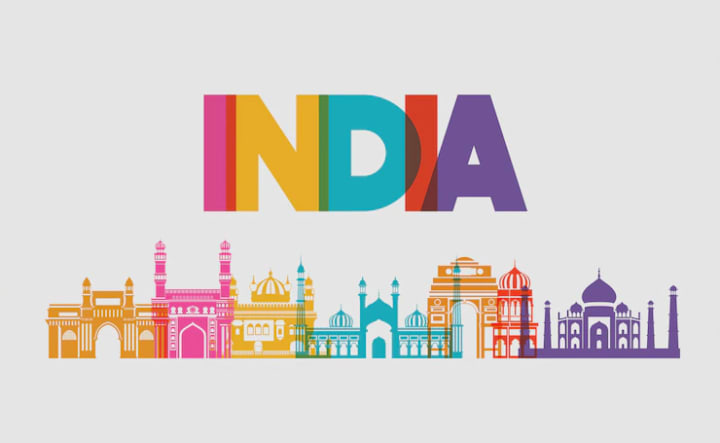
A. The Constitution of India
The Constitution of India is the supreme law of India. It lays out the framework for the government of India and defines the powers and duties of the government, as well as the rights and freedoms of the citizens. It was adopted on 26th November, 1949, and came into effect on 26th January, 1950. The Constitution has a preamble and 448 articles in 25 parts. It also has 12 schedules. It is the longest written constitution of any sovereign country in the world. The Constitution of India is federal in nature, but unitary in spirit, which means that the central government has more power in certain areas, but the state governments have autonomy in certain areas.
B. The adoption of the Constitution
The Constitution of India was adopted on 26th November, 1949 and came into effect on 26th January, 1950. It was drafted by the Constituent Assembly, which was elected by the members of the Provincial Legislative Assemblies in 1946. The drafting process took place over a period of 2 years, 11 months and 18 days, before being finally adopted. The Constitution of India is the longest written constitution of any country in the world, consisting of 448 articles in 22 parts and 12 schedules.
C. The first Republic Day celebration
The first Republic Day celebration in India was held on January 26, 1950, one year after the Constitution of India came into effect. The event was marked by a grand parade held in the national capital, New Delhi, which was attended by dignitaries from around the world. The parade was led by the President of India, Dr. Rajendra Prasad, and was attended by the Prime Minister, Jawaharlal Nehru, and members of the Cabinet. The parade featured floats representing different states of India and a display of the country's cultural heritage. The main attraction of the parade was a display of India's military might, with contingents from the Army, Navy and Air Force participating. The day was also marked by the hoisting of the national flag and the singing of the national anthem.
III. Celebrations and Traditions
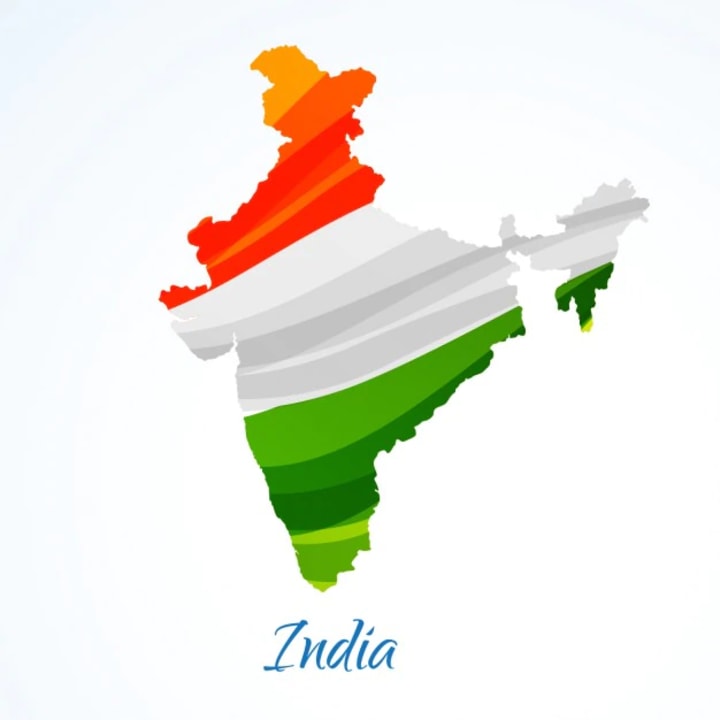
A. The parade in New Delhi
The parade in New Delhi, India on Republic Day, held on January 26th, is a grand and elaborate event that showcases the country's cultural and military heritage. The parade starts from the Rashtrapati Bhavan, the official residence of the President of India and proceeds towards the India Gate. The parade includes a display of floats representing the different states of India and their cultural heritage. There are also displays of traditional dances and music. The parade also includes a display of India's military might, with contingents from the Army, Navy and Air Force participating, and various military hardware on display. The parade ends with a display of colorful floats depicting the unity in diversity of the country, and the message of national integration. The parade is attended by dignitaries from around the world, including heads of state and government, and is also broadcast live on national television.
B. Cultural programs and performances
Cultural programs and performances are an important aspect of Republic Day celebrations in India. These cultural performances showcase the rich diversity of Indian culture and heritage, and reflect the country's traditional and folk art forms.
During the parade, various cultural troupes from different states of India perform dances and music that are unique to their regions. These performances include classical dance forms such as Bharatanatyam, Kathak, and Kuchipudi, as well as folk dances like Bhangra, Dandiya, and Garba.
In addition to the parade, cultural programs and performances are also held in different parts of the country to celebrate Republic Day. These programs include singing and dancing competitions, art and craft exhibitions, and food festivals. Schools and colleges also organize cultural programs, such as patriotic song competitions, drama performances and patriotic quiz competitions.
Overall, the cultural programs and performances are an important part of the Republic Day celebration in India, as they help to promote and preserve the country's rich cultural heritage, and also showcase the unity in diversity of the nation.
C. The President's address to the nation
The President of India traditionally delivers an address to the nation on the eve of Republic Day, which is on January 26th. This address is broadcast on national television and radio, and is also streamed on social media platforms.
In his address, the President typically highlights the achievements of the government and the nation over the past year, and lays out the government's plans and priorities for the upcoming year. He also reflects on the importance of the Constitution and the values it embodies, and emphasizes the need to protect and promote these values.
The President also uses this opportunity to call upon the citizens of the country to work together for the progress and development of the nation. He also pays tribute to the sacrifices made by the freedom fighters and the members of the armed forces who have protected the nation.
In summary, the President's address to the nation on the eve of Republic Day is an important occasion for the President to speak directly to the citizens of the country, and to reflect on the achievements, challenges and aspirations of the nation.
IV. Significance of the Constitution

A. The values and principles of the Constitution
The Constitution of India is a document that lays out the fundamental principles and values that govern the country. Some of the key values and principles of the Indian Constitution include:
Secularism: The Constitution guarantees the right to freedom of religion and prohibits discrimination on the basis of religion. It also states that the government shall not discriminate against any citizen on grounds of religion, race, caste, sex, place of birth, or any of them.
Democracy: The Constitution establishes India as a sovereign, socialist, secular, democratic republic, with a parliamentary system of government. It also provides for regular free and fair elections, and the right to vote for all citizens over the age of 18.
Fundamental Rights: The Constitution guarantees certain basic rights to all citizens, such as freedom of speech and expression, freedom of assembly, freedom of movement, and the right to equality and non-discrimination.
Directive Principles of State Policy: The Constitution also lays out certain principles that the government is expected to follow in order to promote the welfare of the citizens, such as the promotion of education, the protection of public health, and the preservation of natural resources.
Federalism: The Constitution establishes a federal system of government, with power divided between the central government and the state governments.
Separation of Powers: The Constitution separates the powers of the different branches of government, namely the Executive, Judiciary and the Legislature.
In summary, the Constitution of India is a document that lays out the fundamental values and principles that guide the governance of the country, with the main focus on democracy, secularism, fundamental rights, directive principles of state policy, federalism and the separation of powers.
B. The role of the Constitution in shaping Indian society
The Constitution of India plays a crucial role in shaping Indian society. It lays out the fundamental values and principles that guide the governance of the country and sets the framework for the rights and responsibilities of citizens and the government.
One of the key roles of the Constitution in shaping Indian society is to ensure equality and non-discrimination. The Constitution prohibits discrimination on the basis of religion, race, caste, sex, place of birth, or any of them. This has helped to promote social equality and has played a significant role in dismantling the caste system and promoting the rights of marginalized communities.
The Constitution also guarantees certain fundamental rights to all citizens, such as freedom of speech and expression, freedom of assembly, freedom of movement, and the right to equality and non-discrimination. These rights have played an important role in promoting democracy, freedom of expression, and civil liberties in the country.
The Constitution also lays out certain principles that the government is expected to follow in order to promote the welfare of the citizens, such as the promotion of education, the protection of public health, and the preservation of natural resources. These principles have played an important role in shaping policies and programs that focus on the welfare and development of the citizens.
The Constitution also establishes a federal system of government, with power divided between the central government and the state governments. This system has played a key role in balancing the rights and responsibilities of the different levels of government, promoting regional diversity, and ensuring that the needs of all citizens are met.
In summary, the Constitution of India plays a crucial role in shaping Indian society by laying out the fundamental values and principles that guide the governance of the country, promoting equality and non-discrimination, guaranteeing fundamental rights, laying out the directive principles of state policy and establishing a federal system of government.
C. The importance of protecting and preserving the Constitution
The Constitution of India is the supreme law of the land and it is of utmost importance to protect and preserve it. The Constitution lays out the fundamental values and principles that guide the governance of the country and sets the framework for the rights and responsibilities of citizens and the government. Protecting and preserving the Constitution is crucial for maintaining the rule of law and ensuring that the rights and freedoms of citizens are protected.
One of the main ways to protect and preserve the Constitution is by ensuring that it is followed and upheld by all branches of government, as well as by all citizens. This includes ensuring that all laws and policies are in compliance with the Constitution, and that the government and other institutions are held accountable for any violations of the Constitution.
Another important aspect of protecting and preserving the Constitution is by educating citizens about their rights and responsibilities under the Constitution. This helps to ensure that citizens are aware of their rights and can take action to protect them when necessary.
It is also important to protect and preserve the Constitution by promoting and preserving the values and principles laid out in the Constitution, such as democracy, secularism, fundamental rights, directive principles of state policy, federalism and the separation of powers.
Finally, the Constitution should be amended only when there is a strong need and it is critical to keep it relevant to the changing needs of the society, but it should be done with great care and caution to avoid undermining the basic structure of the Constitution.
In summary, protecting and preserving the Constitution is vital for maintaining the rule of law, protecting the rights and freedoms of citizens, and ensuring that the country is governed in accordance with the values and principles laid out in the Constitution.
V. Conclusion
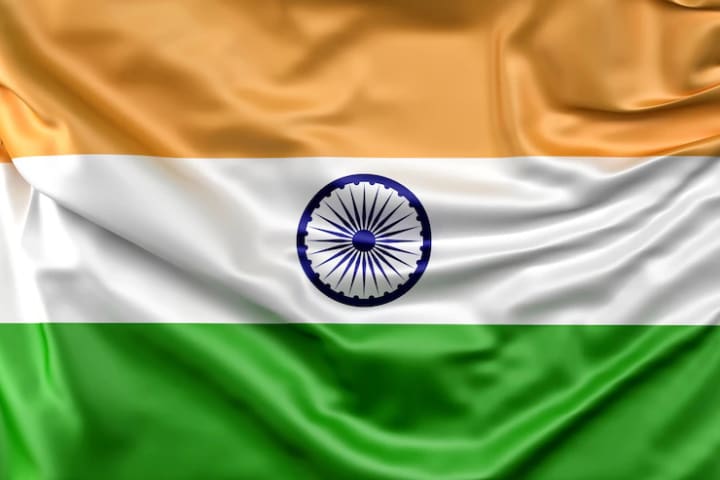
A. Summary of key points
The Constitution of India is the supreme law of the land and lays out the fundamental values and principles that guide the governance of the country.
Protecting and preserving the Constitution is crucial for maintaining the rule of law and ensuring that the rights and freedoms of citizens are protected.
Ensuring compliance with the Constitution by all branches of government and citizens is an important aspect of protecting and preserving the Constitution.
Educating citizens about their rights and responsibilities under the Constitution is also important.
Promoting and preserving the values and principles laid out in the Constitution, such as democracy, secularism, fundamental rights, directive principles of state policy, federalism and the separation of powers is necessary to protect and preserve the Constitution.
The Constitution should be amended only when there is a strong need and it is critical to keep it relevant to the changing needs of the society, but it should be done with great care and caution to avoid undermining the basic structure of the Constitution.
B. Celebrating Republic Day in India: Reflecting on Constitution and Unity
Republic Day in India is a significant national holiday that is celebrated on January 26th every year to commemorate the adoption of the Constitution of India in 1950. The celebration of this day serves as a reminder of the importance of the Constitution and the values and principles it embodies.
The Constitution of India is a document that lays out the fundamental values and principles that guide the governance of the country and sets the framework for the rights and responsibilities of citizens and the government. Celebrating the Constitution on Republic Day serves as a reminder of the importance of protecting and preserving these values and principles, and of the role that the Constitution plays in shaping Indian society.
The celebration of Republic Day also serves as a reminder of the spirit of unity and national integration that is embodied in the Constitution. The parade and cultural programs that are held on this day showcase the diversity and cultural richness of India, and remind citizens of the importance of working together for the progress and development of the nation.
In summary, the celebration of Republic Day in India is significant as it serves as a reminder of the importance of the Constitution, the values and principles it embodies, and the spirit of unity and national integration that it promotes. It also allows citizens to reflect on the progress made by the nation and the challenges that lie ahead, and to reaffirm their commitment to working towards the progress and development of the country.





Comments
There are no comments for this story
Be the first to respond and start the conversation.